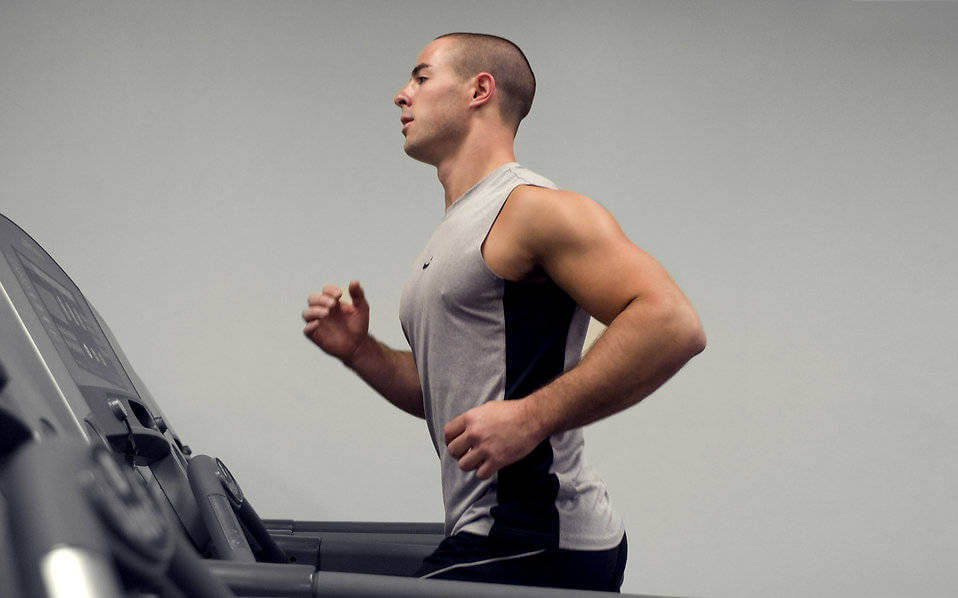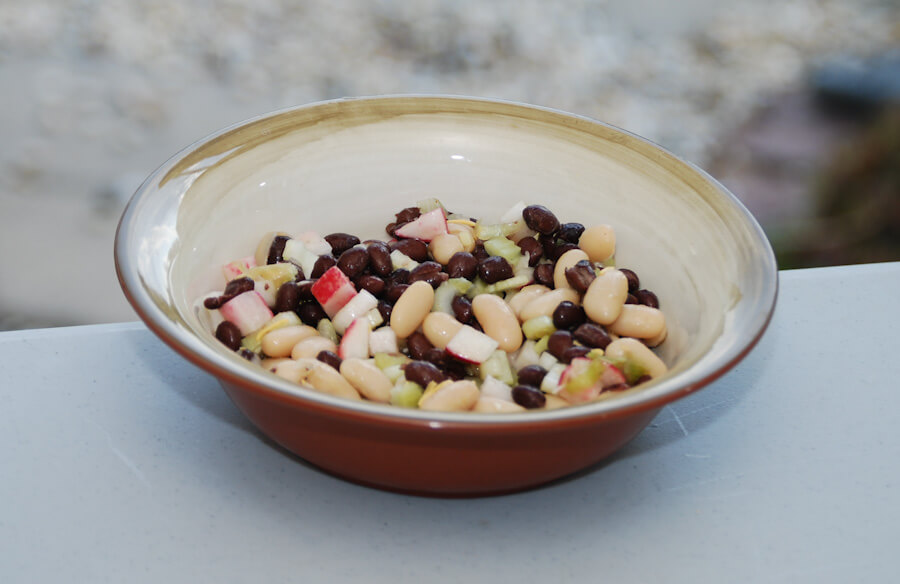Could coffee be the hidden ingredient that is making you fat ?
A single cup of soluble coffee contains 2 calories – ridiculously little for a dietary ingredient you consume every day, right? Research shows that coffee packs antioxidants that can dampen the unpleasant side-effects of aging, and some sources say that caffeine can also promote weight loss, increase metabolic rate and reduce the risk of type 2 diabetes. Unfortunately, there is more to coffee than the label says: contrary to what coffee producers want you to think, the caffeinated treat can in fact promote weight gain and fat buildup in more than one way.
- Too much caffeine triggers increased cortisol release
Coffee impacts the cortisol level in the human organism, boosting hormone secretion in the adrenal glands. Although the hormone has an important role in coping with increased stress and restoration of homeostasis, elevated cortisol is known to increase both blood sugar and blood pressure, and cause cravings for fatty and sugary foods. Studies show that obese people tend to have higher cortisol levels than slim folks, which means that instead of helping you lose weight, one too many coffee cups may in fact be your figure’s worst enemy.
- Ingredients found in high-calorie coffees contain empty calories
Few people take their coffee without cream and sugar – and these two ingredients pack a lot of empty calories, as simple carbs and fat account for most of their nutritional value. However delicious, coffees with whipped cream, chocolate and syrups are true calorie bombs, so if you are getting your caffeine streak from Dunkin’ Donuts, McDonald’s, or Starbucks, you may want to reconsider your habit and its health effects. Coffees with sugar, creamers and flavorings a have much more calories than espresso, caffè Americano and regular black coffee without the added ingredients, so if you need caffeine to set focus, energy and mental clarity on the right track, choose your morning beverage wisely.
- Artificial additives in coffee can cause food cravings
Even if you do not use sugar to sweeten your coffee, you may still be at risk of unwarranted weight gain. Certain artificial sweeteners such as aspartame, saccharin, Sweet N Low, Nutrasweet and Equal impact the appetite and can intensify food cravings, thus affecting weight maintenance over the long term. Some studies claim that the use of artificial sweeteners can in fact be doing more damage to your figure than plain sugar, as they stimulate fat storage in cells, inhibit the body’s ability to gauge calorie intake, and promote hunger for carbohydrate-packed foods and drinks.
- Coffee can boost fat retention in the liver
A recent study conducted on mice shows that chlorogenic acid found in coffee can increase lipid content in the liver and cause the impairment of fatty acid oxidation, especially if combined with a high-fat diet. The science is clear: even the fat that does not show in your ab flab, buttocks and thighs is still fat, so if you are addicted to caffeinated beverages, your liver may be fatter than you think.
- Wrong timing can ruin the effects of your tough gym sessions
Yes, consuming caffeine an hour before hitting the gym can enhance your gym performance by boosting your focus and energy, and make sure that your body burns higher quantities of fat during exercises. Nevertheless, coffee is no more efficient in this respect than other dietary ingredients which have a similar effect on stamina and concentration: certain gym supplements can help you build more and better quality muscle than coffee, while at the same time ensuring seamless metabolization and more sustainable energy levels than coffee-induced blood sugar spikes.
What is your poison? If your answer is ‘c offee’, do not be surprised if your skinny jeans begin to cramp as your coffee intake goes up. Caffeine that goes down easily may not necessarily go out without popping up in your curves and belly, so you should always be moderate with your diet, coffee included.





